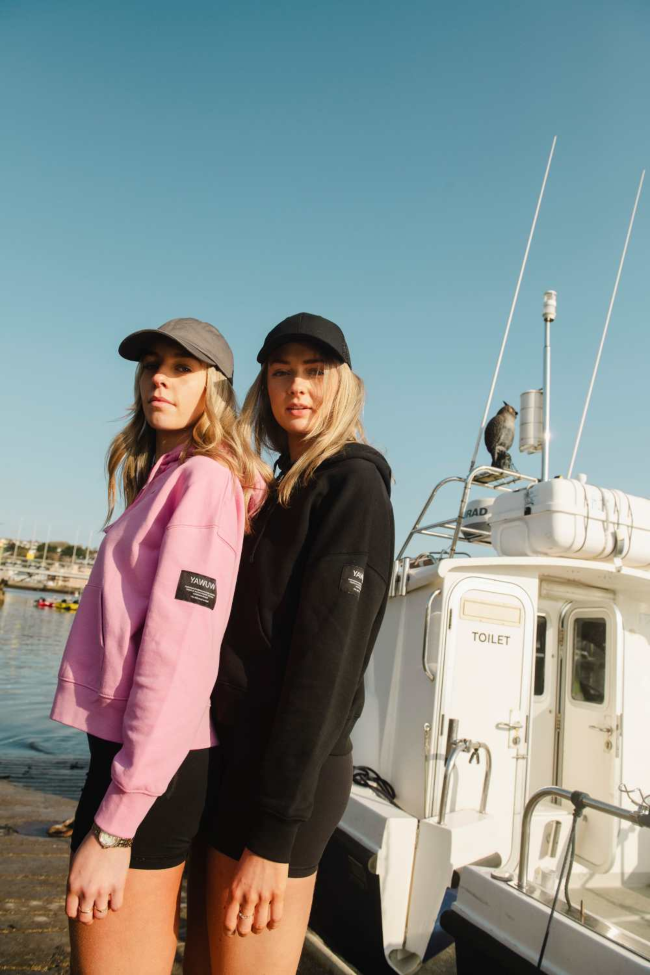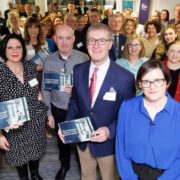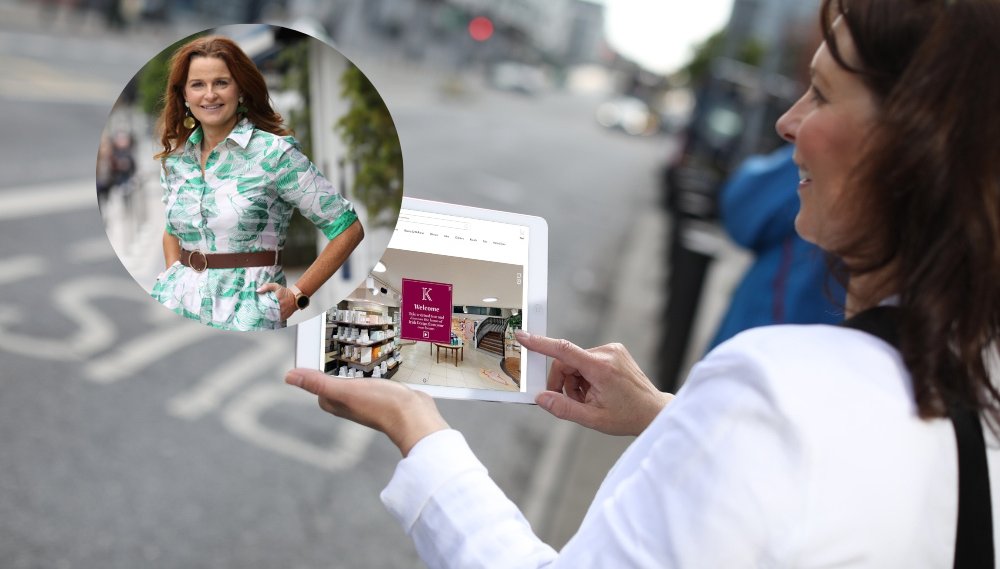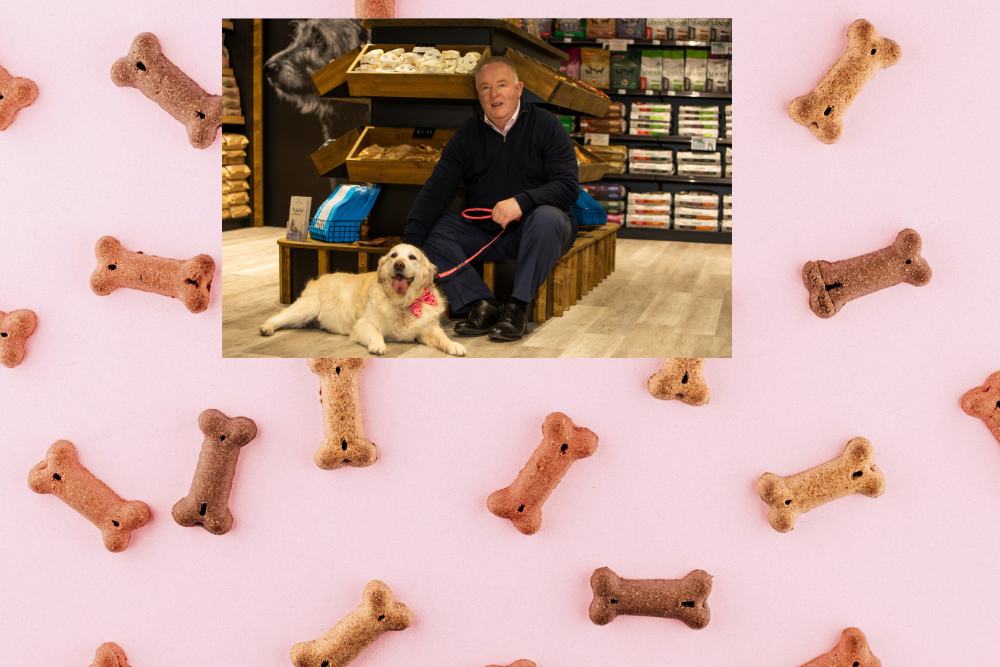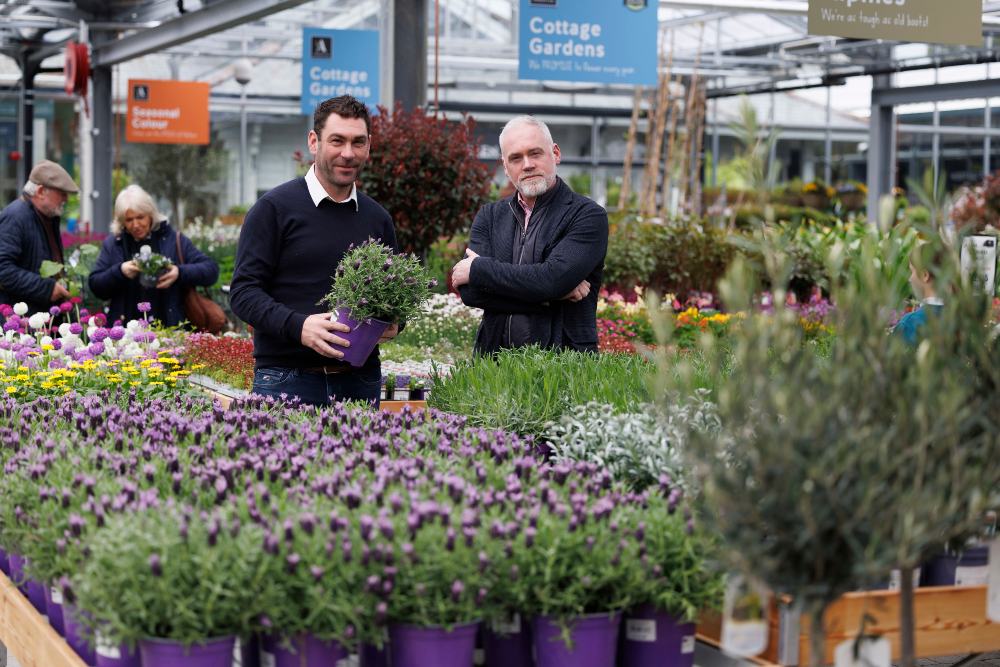After nearly two decades navigating the fashion world—from luxury leather to sustainable innovation—Cork designer and founder of YAWUW Angela O’Donnell is redefining what it means to build a values-led business in one of Ireland’s toughest industries.
Why did you set up YAWUW?
My journey to setting up YAWUW (You Are What U Wear) was shaped by nearly two decades in the fashion industry. After graduating with a degree in fashion design from Heriot-Watt University in Scotland in 2008, I returned home to Cork and launched a luxury label. It wasn’t sustainable fashion—it was the opposite: leather, fur, the lot.
Although that first business had some strong years, I didn’t come from a business background and learned everything the hard way. By 2016, after assessing the reality with my mentors, it was clear that continuing would either cost €250,000 in investment or seven more years of 14-hour workdays. It wasn’t sustainable.
“Every piece we design is built to last—it’s not about trends; it’s about pieces for life”
I transitioned into agency recruitment, where I learned invaluable soft skills — time management, business focus, and resilience. After having my daughter in 2020, I knew that if I was going to leave her to work, it had to be for something meaningful. That’s when I decided to become a sustainable designer and create something with a genuine impact. That’s how YAWUW was born.
What makes your company different?
YAWUW is a heritage-meets-innovation brand that takes a holistic approach to sustainable fashion. We work with local artisans across Ireland—creating handmade pieces like crochet hooded scarves, while also developing highly innovative garments.
“Marketing is also tough—consumers expect constant content from fashion brands, but that kind of campaign can cost thousands a month. We’ve had to be creative”
Our raincoats, for example, took two years to develop. They’re made from 100% recycled post-consumer spandex, yet fully waterproof. It’s this blend of craftsmanship and cutting-edge sustainability that makes us stand out. And every piece we design is built to last—it’s not about trends; it’s about pieces for life.
What challenges have you met and how did you overcome them?
The biggest challenges were capital, manufacturing, and marketing. Start-up capital is incredibly hard to secure, and building a product-based business is nothing like offering a service—you need the right suppliers and partners, which takes time and experience.
“Keep your team lean. Don’t hire unless it’s absolutely necessary. I’ve seen people hire too quickly, realise it was the wrong fit, or run out of money”
In my previous business, a manufacturer pulled out just weeks before Paris Fashion Week. I had to start everything from scratch—re-cutting all garments and sleeping under my studio table. I learned hard lessons about vetting partners and protecting your supply chain.
Marketing is also tough—consumers expect constant content from fashion brands, but that kind of campaign can cost thousands a month. We’ve had to be creative. Earlier this year, I launched a storytelling-led campaign called “Off the Island,” releasing weekly chapters that follow two real-life runners as they wear our garments throughout their journey. It’s authentic, emotional, and resourceful.
What supports did you receive and how could support for entrepreneurs be improved?
The reality is businesses like mine don’t get much support. Enterprise Ireland and the Local Enterprise Offices aren’t designed to fund small sustainable fashion businesses unless you’re already making large sales. I’ve received small grants—for things like website development—but nothing significant.
“Fundamentally, the Irish fashion industry lacks basic infrastructure. I had to travel three hours to Dublin just to get buttonholes done—because there’s only one industrial buttonhole machine publicly accessible. We need investment, talent development, and access to facilities”
Cash flow remains a huge challenge. That’s why I launched a sister brand, Curtains & Co., after receiving many custom orders from interior designers. It helps sustain the core business with consistent income.
More fundamentally, the Irish fashion industry lacks basic infrastructure. I had to travel three hours to Dublin just to get buttonholes done—because there’s only one industrial buttonhole machine publicly accessible. We need investment, talent development, and access to facilities. I believe fashion designers should be eligible for Arts Council funding—like other artists are. There’s no reason we should be excluded.
What was the most important thing you learnt and what would you like to teach other businesses?
The number one lesson I’d pass on is that until your business can pay you a regular wage, keep another part-time or full-time job. It protects your mental health, your cash flow, and your ability to keep going. I’ve seen too many people close great businesses because they couldn’t survive financially.
Also—keep your team lean. Don’t hire unless it’s absolutely necessary. I’ve seen people hire too quickly, realise it was the wrong fit, or run out of money. Learn what you can yourself—even the boring stuff. And if you must hire, do it mindfully so you don’t end up with the wrong fit.
What are your plans for the future?
This year, we’re hosting a series of events in Cork and Dublin. In September, we’ll be launching our Autumn/Winter collection, and presenting our Summer 2026 collection to Barneys in New York. It’s a very exciting time for the brand.
-
Bank of Ireland is welcoming new customers every day – funding investments, working capital and expansions across multiple sectors. To learn more, click here
-
For support in challenging times, click here
-
Listen to the ThinkBusiness Podcast for business insights and inspiration. All episodes are here. You can also listen to the Podcast on:
-
Spotify
-
SoundCloud
-
Apple

